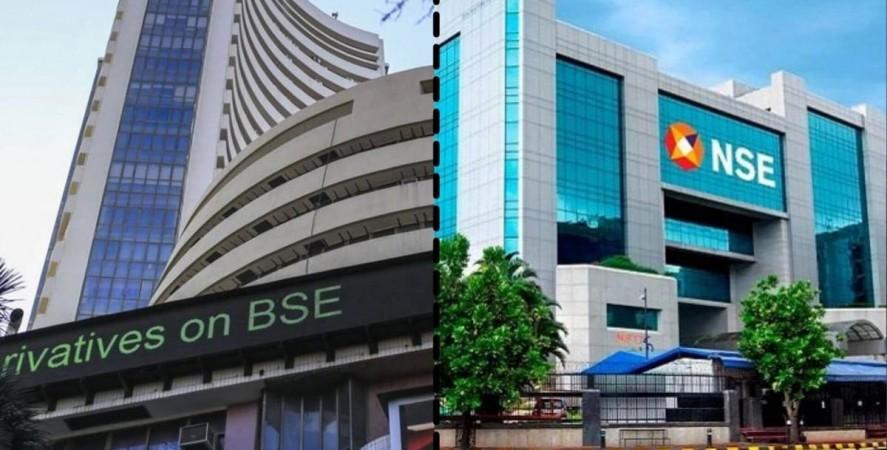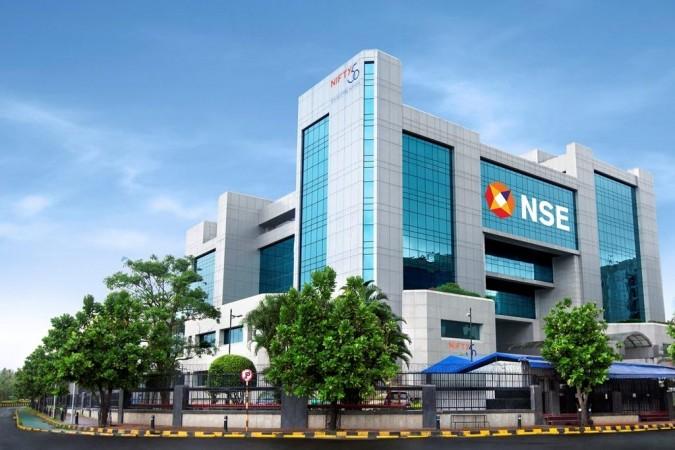As Indian stock markets continue to touch fresh new highs almost every day post the formation of the new government, they are also breaking global benchmarks.
In a new feat, India has reclaimed the fourth-biggest global equity market tag from Hong Kong.
The country's market capitalisation soared 10 per cent to reach $5.2 trillion (BSE-listed companies).

In comparison, Hong Kong's equity market cap is $5.17 trillion, down 5.4 per cent from the high of $5.47 trillion this year.
On a price-to-book basis, India trades at 3 times, while Hong Kong is at just one time.
This comes as the Indian stock market has seen a significant rally in recent months and is now attracting global funds which are going to accelerate in the near future.
The National Stock Exchange (NSE) benchmark Nifty surged nearly 6 per cent in the last month and 11.84 per cent in the last six months.
According to market analysts, Nifty is expected to reach 25,816 in the next 12 months.
The Prabhudas Lilladher experts anticipate that the BJP-led NDA government will sustain its focus on capital expenditure-driven growth, particularly in sectors such as production-linked incentives (PLI), infrastructure development, including roads, ports, aviation, defence, railways, and green energy.

This expectation is supported by a 20 bps reduction in the fiscal deficit for FY24, normal monsoon forecasts, and an anticipated dividend of Rs 2.1 trillion from the RBI.
The analysts expect the NDA government to increase focus on farmers, rural, urban poor and middle class to arrest the impact of new social engineering-cum-freebies led reversal in certain states in recent elections
Meanwhile, the stock markets have emerged as a favourite investment destination for retail investors.
According to experts, the major driving forces in this bull market are the Indian retail investors, including HNIs, and big selling by the FIIs is getting eclipsed by the aggressive buying of DIIs and retail investors.
(With inputs from IANS)

















